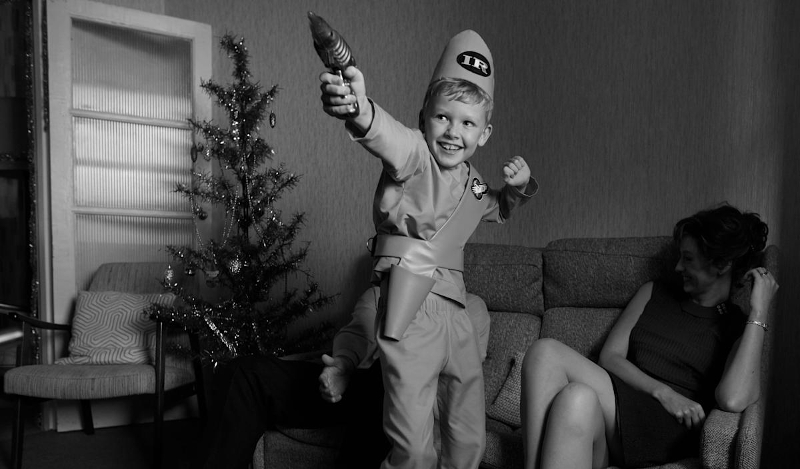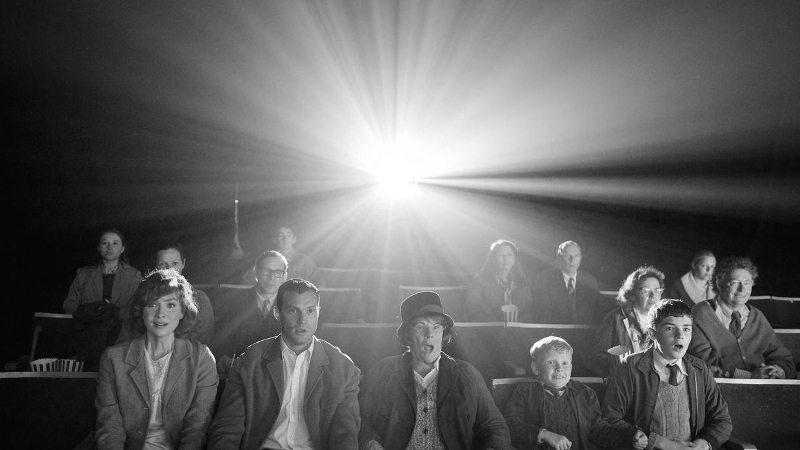Director – Rich Peppiat – 2023 – Ireland, UK – Cert. 18 – 105m
****
A fictionalised origin story about an Irish language rap band as a music teacher teams up with two younger men to turn their confrontational, anti-British poetry into Irish rap music – provocative sex-, drugs-, and violence-laced music biopic is out in UK cinemas on Friday, August 23rd
NSFW
Kneecap are an Irish-speaking rap band who came together on the eve of the 2017 Irish language march in Belfast, Northern Ireland. This drama about them, whatever else it might be and whatever other accusations can be levelled against it, certainly never plays it safe.
That’s obvious from the get-go, when the voice-over by one of the band members explains and shows how all movies abut Northern Ireland start – with footage of terrorist explosions during ‘the troubles’. The film then proceeds to have its cake and eat it, having started in exactly that manner, by starting again with the story of one of its members as a child being baptised in a wood at night and attracting RUC helicopter searchlights for their pains.
It moves pretty swiftly on to show the two fully grown lads in the band as party animals, consuming alcohol and drugs and dealing the latter, for instance giving it away free at early gigs to attract an audience, and engendering a hostile attitude to the Peelers (as they refer to the British police).… Read the rest


